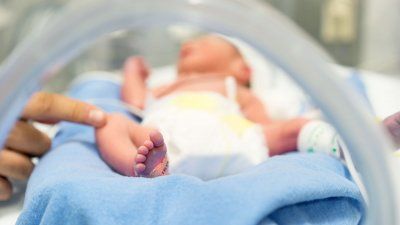University of California San Francisco
Give to UCSF-
-
Ultra-Sturdy Bones, with a Surprising Origin, Suggest New Osteoporosis Approach
A handful of brain cells deep in the brain may play a surprising role in controlling women’s bone density.
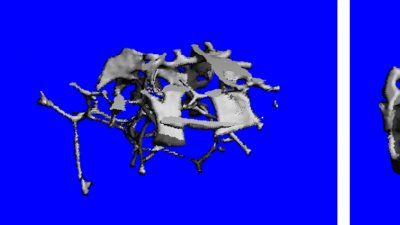
-
From Doctor to Patient, An Oncologist's Journey with Breast Cancer
-
The Dangerous Rise of the IUD as Poverty Cure
-
Sex Chromosomes Hold the Secret to Female Longevity
UCSF scientists have zeroed in on a possible genetic mechanism for the reason behind women outliving men phenomenon.

-
UCSF Initiative Contributes to Major Global Report on Care for Vulnerable Newborns

-
New Method Of Breast Reconstruction May Reduce Pain For Some Cancer Survivors
A UCSF surgeon is among a handful nationwide who are pioneering and studying the outcomes of a new approach to breast reconstruction.

-
Emotional Abuse May Be Linked with Menopause Misery
UCSF has identified another factor that may add to menopause torment: an emotionally abusive partner or spouse.
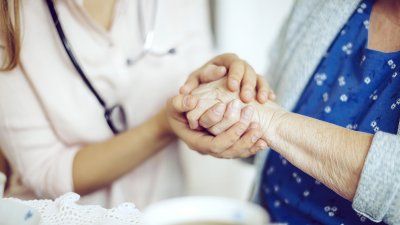
-
Less Surveillance Needed for Simple Ovarian Cysts
Study found that simple cysts are normal, extremely common and aren’t linked to a higher risk of ovarian cancer. As a result, unless they are symptomatic, simple cysts can be safely ignored.
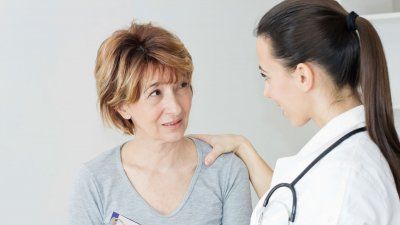
-
When A Woman Wants An Abortion But Can't Get It, The Children She Already Has Suffer the Consequences
-
California and New Jersey Family Leave Policies Improve Breastfeeding Rates for Some Women
Partially paid family leave policies in California and New Jersey helped increase breastfeeding in those states, but rates increased most among higher-income women.

-
In Pregnancy, Doctors' Focus is on Baby, Not Mom
-
Talk on ‘Butt Cancer’ Tackles Taboo with Humor to Win 2018 Postdoc Slam
Ten UCSF postdocs competed to explain complex research in simple language – and in three minutes or less – in the third annual Postdoc Slam held Sept. 26.

-
New Approach to Breast Reconstruction May Reduce Pain and Weakness for Some
-
Scientists Are Developing New Ways to Treat Disease With Cells, Not Drugs
-
Essential clinic for low-income women, teens gets back on its feet
-
Breast Cancer Surgery in Frail Elderly Women Linked to Poor Results
UCSF researchers found that 58 percent of women who resided in a nursing home for more than 90 days before breast cancer surgery experienced significant functional decline one year after surgery.

-
UCSF Medical Center Is Best Hospital in California for 2018-19
UCSF ranked sixth on the national Best Hospitals Honor Roll and received special recognition for exceptional performance in 15 medical specialties, including top-10 status in a dozen.
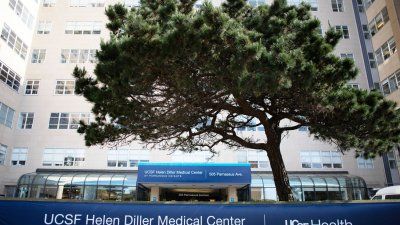
-
Beyoncé, Serena Williams open up about potentially fatal childbirths, a problem especially for black mothers
-
Environmental toxins are seen as posing risks during pregnancy
-
Important Cancer-Tracking Registry to Locate at UCSF
The Greater Bay Area Cancer Registry, which has been at the forefront of cancer data collection throughout the region is moving its headquarters and management to UCSF.

-
Why Are Long-Acting Forms of Contraception Like IUDs Becoming More Popular?
UCSF’s Elizabeth Watkins wants to understand why there has been a recent uptick in the use of long-acting forms of contraception.

-
Scientists Develop New Method to Screen for Chemical Exposures
UCSF scientists found a way to screen people’s blood for hundreds of chemicals at once, a method that will improve our ability to better assess chemical exposures in pregnant women.
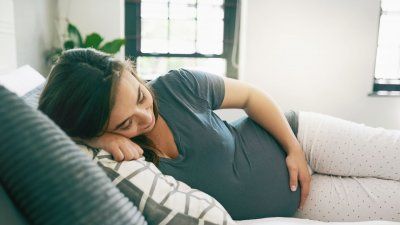
-
Scientists Search For Causes of Preterm Birth and Better Ways To Test For Risk
-
Many Breast Cancer Patients Don't Get Recommended Follow-Up, Study Finds
-
Breast Cancer Follow-Up Imaging Varies Widely, Study Finds
Follow-up imaging for women with non-metastatic breast cancer varies widely across the country, according to a new study led by researchers at UCSF.
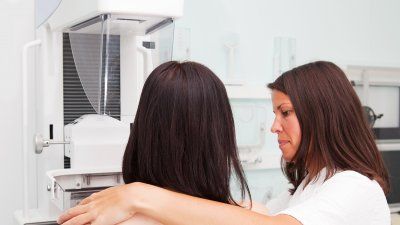
-
Five Blood Transfusions, One Bone Marrow Transplant – All Before Birth
-
Risk of Preterm Birth Reliably Predicted by New Test
Scientists at UCSF have developed a test to predict a woman’s risk of preterm birth when she is between 15 and 20 weeks pregnant.

-
Women Sometimes Feel Regret After Electing to Freeze Their Eggs
Most women feel empowered by elective procedures that enable them to bank eggs in case they can’t conceive naturally later in life, but one in six become regretful.

-
Fetal Immune System Rejects the Mother in Preterm Labor
A new study from UCSF shows preterm labor may sometimes happen when the fetal immune system “wakes up” too early and begins to reject the mother, causing the uterus to start contracting.
